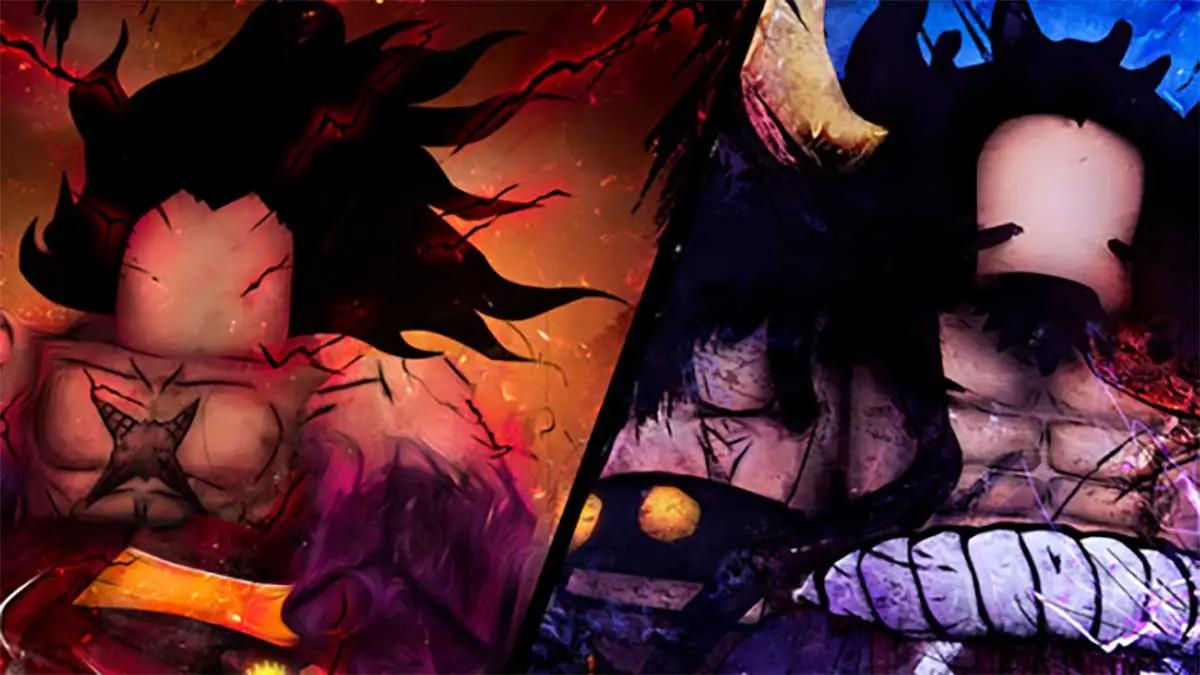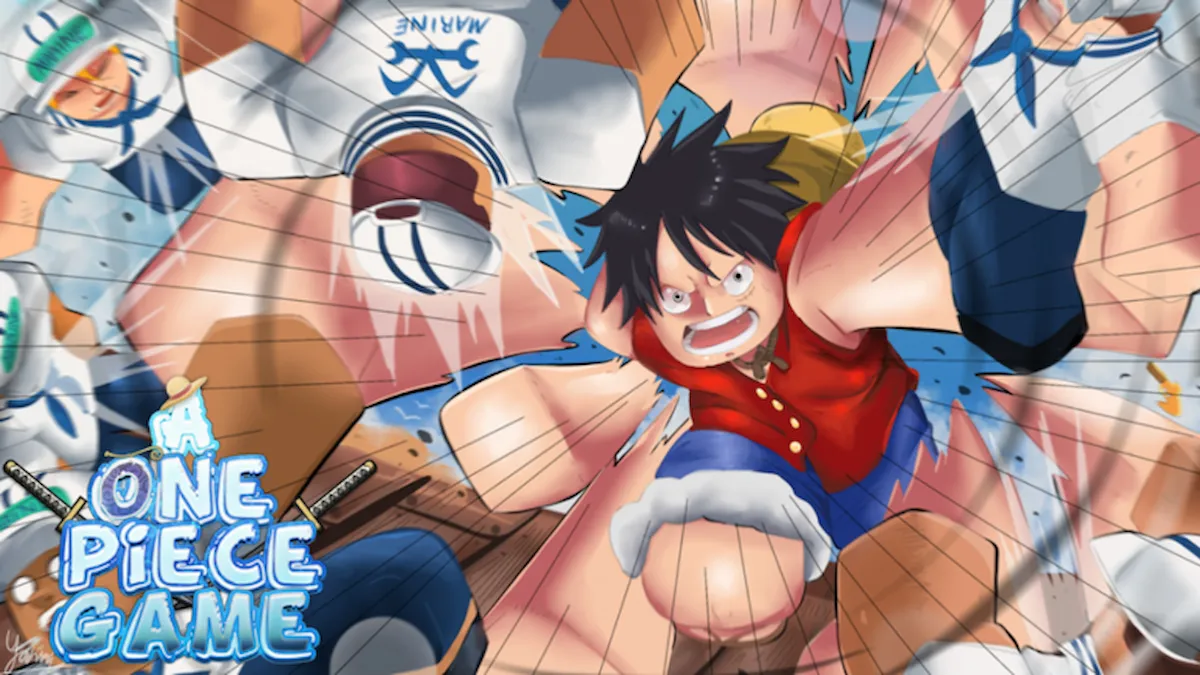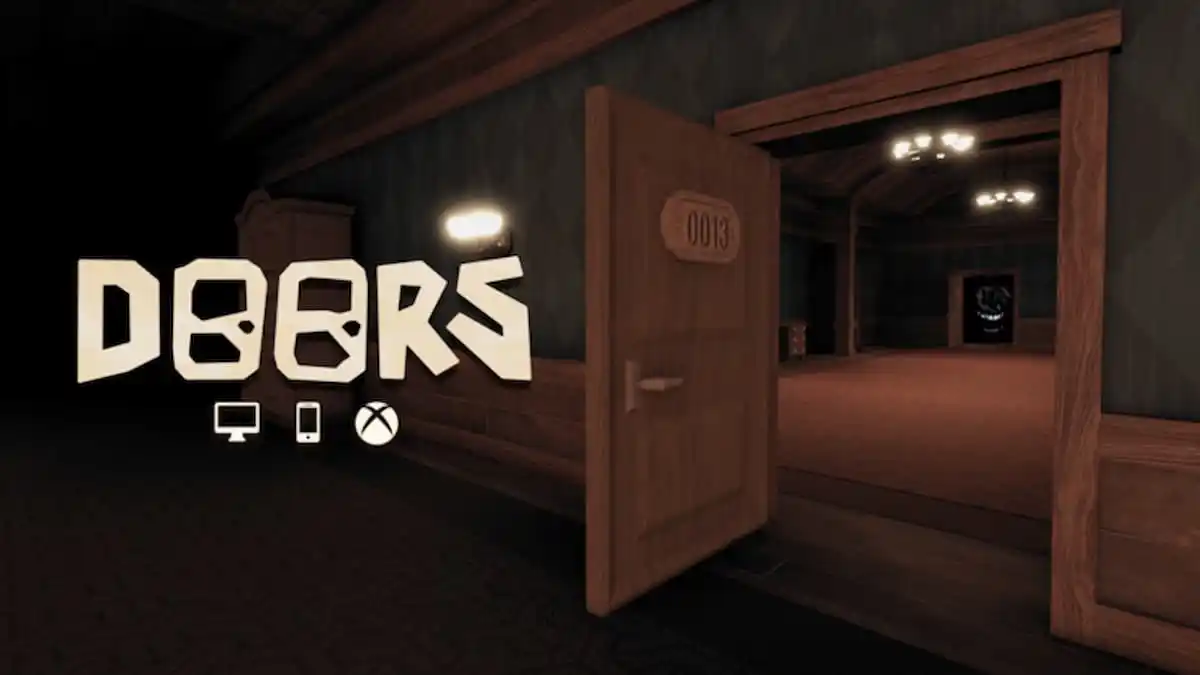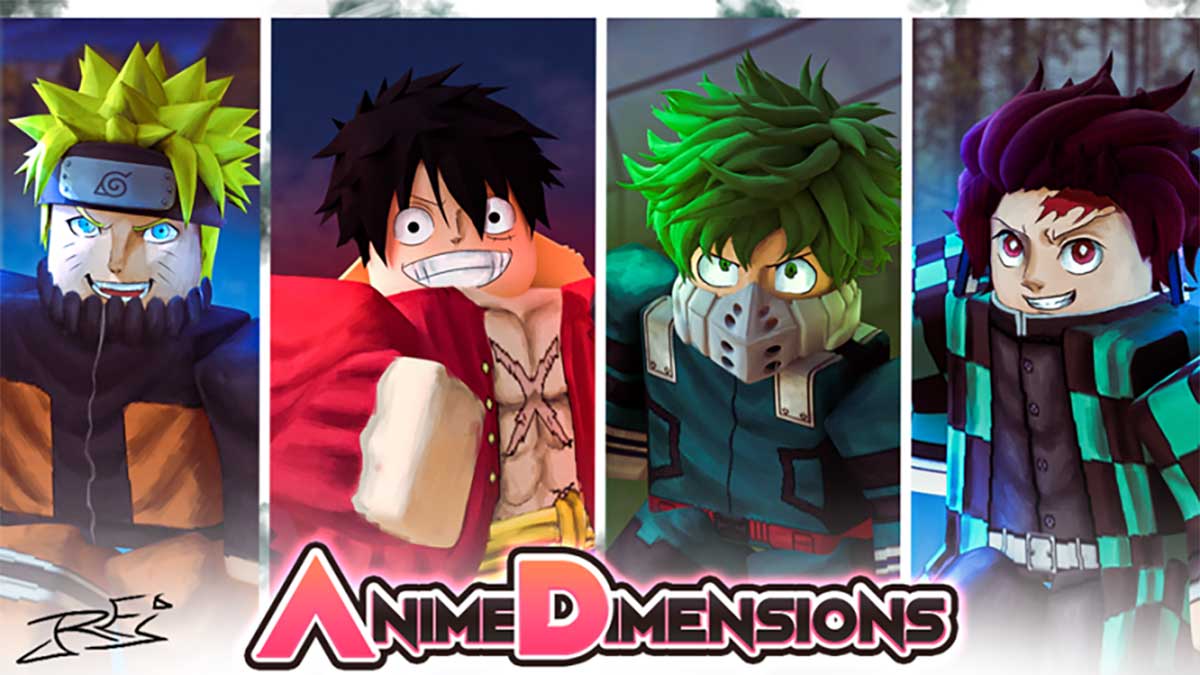These board games based on popular video games are a great tabletop entry point for digital gamers.
Video games and board games can deliver vastly different experiences, but not so different that there’s nothing for fans of one to love in the other. Plenty of board games have even made the jump to the other side, releasing digital versions of physical games. Recently, there’s also been an increasing number of games moving the other direction, with tabletop versions of popular board games. They’re not all winners (here’s looking at you, Pac-Man), but a surprising number of them do a great job of capturing what made the video game great. In some cases, they elevate the experience. In no particular order, here are five of our favorites.
Fallout: The Board Game
It might sound unlikely that a board game could genuinely capture what’s great about a sprawling RPG like Fallout. However, Fallout: The Board Game does an excellent job of condensing all the chaos of warring factions and open-world adventure into a tabletop experience.
At the start of the game, players make their characters, using a version of the S.P.E.C.I.A.L. system from the video game. These characters level up as the game goes on, collecting gears. Players will then progress through one of several different scenarios that determine the starting state of the world, including its various factions. Throughout the game, they can take on quests, explore vaults, and pit one faction against another, similar to the video game series. The actions of one player can change things for every other player, making each game its own unique story.
Resident Evil 2: The Board Game
Resident Evil 2: The Board Game is a bit pricey, at $100 MSRP, but it does an excellent job of bringing all the tension of the survival horror genre to life. Players have to manage their health and items as they think fast and roll dice to determine certain outcomes.
The game can be played solo or cooperatively, and even comes with a continuing campaign mode. The cooperative version is where it shines. Players have to balance their survival with the needs of the game and finding clever ways to shake up the formula when more players get involved. The biggest downside of Resident Evil 2: The Board Game is that its dozens of miniatures, cards, and tiles look a bit rough around the edges.
Dark Souls: The Board Game
Just like its video game predecessor, Dark Souls: The Board Game is not for the faint of heart. There’s a decent amount of setup and some hefty rules to internalize before starting, and the pace of the game can be slow at times. As you’d expect from Dark Souls, though, the initial bit of fumbling gives way to a challenging and rewarding game.
You can play the solo or cooperatively with other players. It features mechanics those who played the video game will instantly recognize, such as Estus Flasks, bonfires to resetting enemies, and frequent, horrible death. The game uses a dice-based combat system that can make success and failure feel a little too random but is still mainly strategic. The boss battles are where it shines, giving unique move sets to each of its massive plastic models of foes like the Belfry Gargoyles.
Doom: The Board Game
Of all the video games that could get turned into board games, a fast-paced, twitchy shooter like Doom may be the most unlikely of all. Somehow, Doom: The Board Game manages to be much more than just an intriguing oddity, turning Doom’s blistering firefights into intense tactical battles.
Unlike many of the games on this list, Doom: The Board Game is a competitive game, pitting a player-controlled horde of demons against up to four other players in the role of marines. Players on the marine side battle to complete objectives while the demon army tries to wipe them off the map. It offers two distinct, equally fun methods of play that gets even better the more players you add.
XCOM: The Board Game
Finally, a video game adaptation that makes a lot of sense. XCOM’s turn-based tactical battles form the perfect basis for a board game that retains the feel of the original. The board game takes it a step further by delivering some clever translations of the game’s mechanics.
XCOM: The Board Game is playable by one person, but it shines with a full four-player team. When played that way, each player takes on a different aspect of running the XCOM command center with a different set of rules. The players face off against an alien army that’s controlled by a tie-in app, which also handles other behind-the-scenes aspects of the game. The application even hosts drop-in events players have to respond to in real-time. It does a great job of making every player’s role valuable and unique. The difficulty gets ramped up by pinning the success of the whole team to how well they work together, increasing the overall tension.






Published: Sep 11, 2019 02:24 am